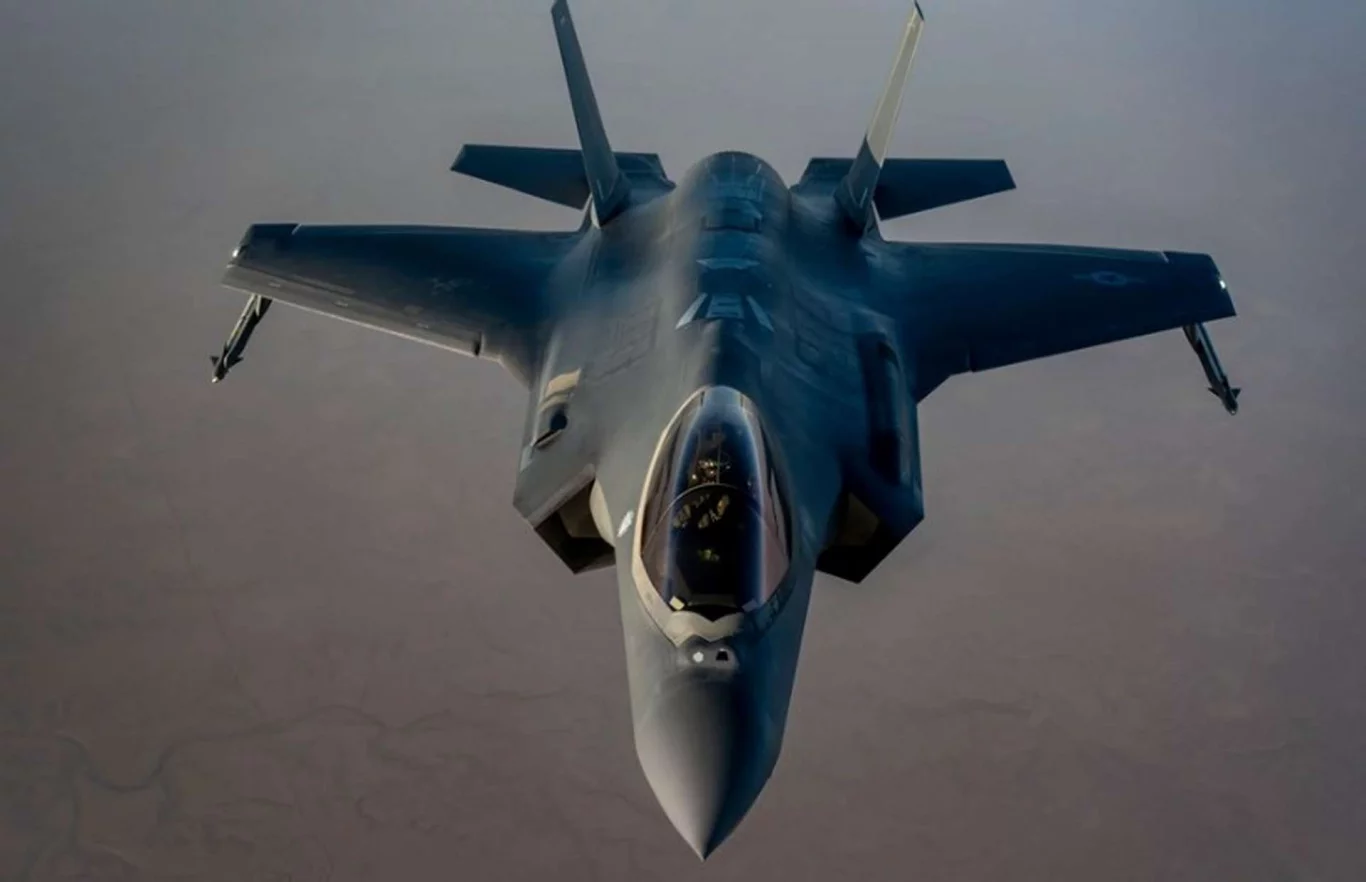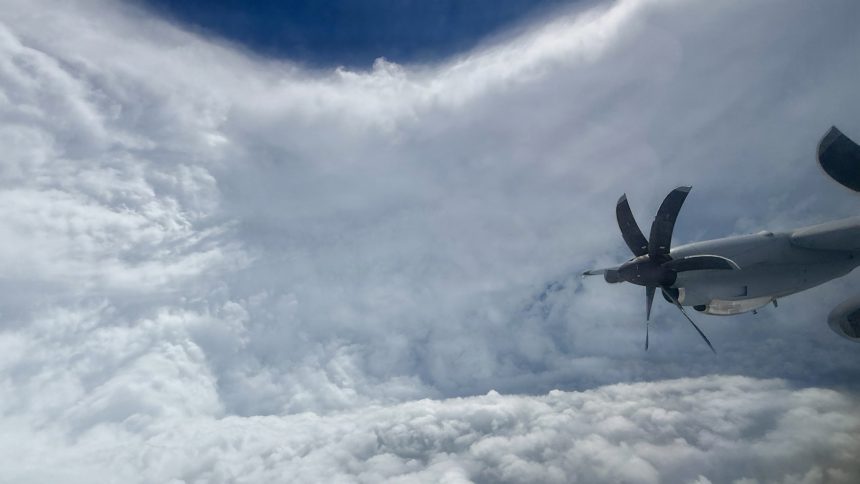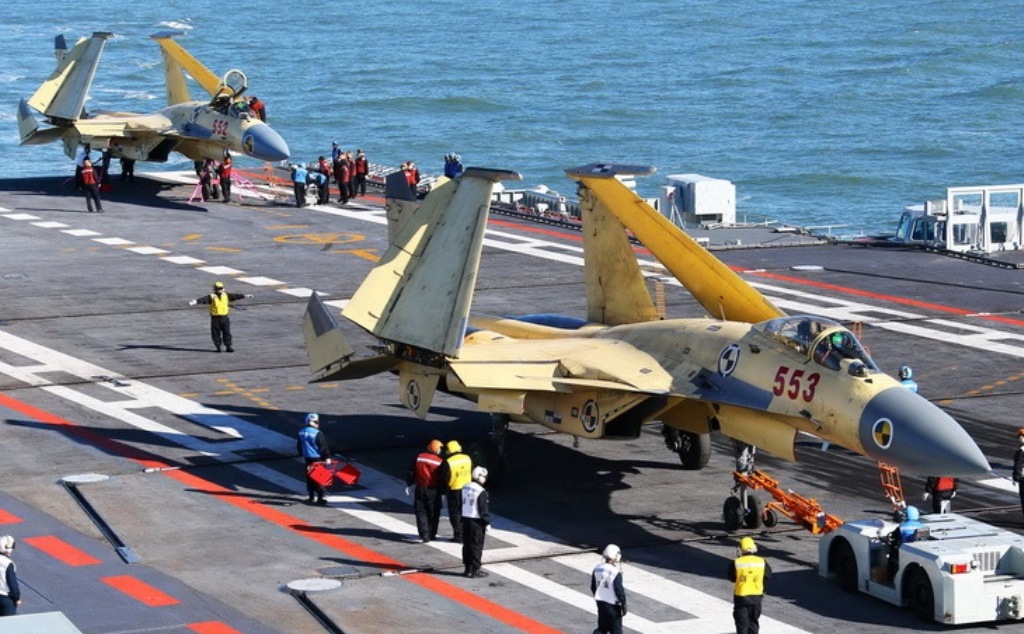In a landmark agreement poised to reshape defense dynamics and solidify strategic partnerships, the United Kingdom and Türkiye have reportedly finalized an £8 billion deal for the procurement of 20 Eurofighter Typhoon combat aircraft. With the first deliveries anticipated in 2030, this substantial order not only represents a significant boost for the European aerospace industry but also underscores a burgeoning era of defense collaboration between London and Ankara. This move comes at a crucial time for both nations, reflecting Türkiye’s ongoing efforts to modernize its air force and the UK’s commitment to bolstering its defense export capabilities and forging closer ties with key regional players.
Türkiye’s Strategic Imperative: Modernizing the Air Force
For Türkiye, the acquisition of 20 Eurofighter Typhoons is a critical step in a broader strategy to rejuvenate and enhance its air force, the Türk Hava Kuvvetleri (Turkish Air Force, THK). The THK currently operates a formidable fleet, but the backbone of its combat air power largely consists of aging F-16 Fighting Falcons. While upgrades have been pursued, the need for a modern, multi-role fighter to ensure air superiority and project power into the future has been a pressing concern.
The exclusion of Türkiye from the F-35 Joint Strike Fighter program, following its purchase of Russian S-400 air defense systems, created a significant void in its long-term defense planning. This situation necessitated a re-evaluation of its options for next-generation combat aircraft. The Eurofighter Typhoon, a proven 4.5-generation fighter, offers an attractive solution. It brings advanced avionics, potent weaponry, and superior maneuverability, allowing Türkiye to maintain a credible aerial deterrence and operational capability against evolving threats in its complex geopolitical neighborhood. This deal positions the Typhoon as a crucial bridge, providing advanced capabilities while potentially buying time for Türkiye to develop its indigenous TF-X Kaan fifth-generation fighter program.
The UK’s Role: A Boost for Industry and Diplomacy
For the United Kingdom, this £8 billion deal is a resounding success on multiple fronts. Economically, it provides a substantial injection into the UK’s defense industrial base, particularly for BAE Systems, a key partner in the Eurofighter consortium. This directly supports high-skill jobs, stimulates research and development, and reinforces the UK’s position as a leading global defense exporter. In a post-Brexit landscape, securing such significant international contracts is vital for the UK’s economic prosperity and its standing as a major player in the global defense market.
Diplomatically, the deal strengthens the strategic relationship between the UK and Türkiye. Both nations are NATO allies, and enhanced defense cooperation, particularly in such a critical area as combat aviation, underscores a shared commitment to regional stability and collective security. This agreement can be seen as a tangible expression of trust and a desire to deepen bilateral ties, fostering closer military-to-military engagement, joint training exercises, and potential future collaborations on defense technologies. It also positions the UK as a reliable and flexible partner, capable of offering advanced military solutions to allies, even when other avenues might be constrained.
The Eurofighter Typhoon: A Proven and Adaptable Platform
The Eurofighter Typhoon itself is a testament to European aerospace engineering. Developed by a consortium of the UK, Germany, Italy, and Spain, it is a highly agile, twin-engine, multi-role fighter capable of performing a wide range of air-to-air and air-to-ground missions. Its advanced radar, sophisticated electronic warfare suite, and ability to carry a diverse array of armaments make it a formidable opponent in any combat scenario.
For Türkiye, the Typhoon’s capabilities are a clear upgrade. It will allow the THK to:
- Enhance Air Superiority: With its high thrust-to-weight ratio and advanced air-to-air missiles, the Typhoon can challenge any contemporary aerial threat.
- Boost Multi-Role Capability: The aircraft’s versatility allows it to seamlessly transition from air defense to precision ground attack, providing Türkiye with greater operational flexibility.
- Interoperability: As a NATO standard aircraft, the Typhoon will ensure seamless integration with other NATO air forces, crucial for combined operations and exercises.
- Technological Transfer (Potential): While specific details of the deal are scarce, such agreements often include provisions for maintenance, training, and sometimes even localized production or technological transfer. This could further bolster Türkiye’s burgeoning indigenous defense industry.
Geopolitical Implications: Stability and Shifting Alliances
This deal reverberates beyond mere economic and military considerations; it carries significant geopolitical weight. In a region as volatile as the Eastern Mediterranean and the Middle East, the strengthening of Türkiye’s air capabilities through a European partner like the UK could be seen as a move towards greater stability, providing a robust deterrent against potential aggressors. However, it also has the potential to alter the regional balance of power, prompting other nations to reassess their own defense postures.
The transaction highlights the complexities within NATO, demonstrating that while the US remains a crucial ally, European partners can step in to provide critical defense solutions. It also underscores Türkiye’s pragmatic approach to defense procurement, seeking advanced platforms from diverse sources to meet its strategic requirements. The long lead time for deliveries, with the first aircraft expected in 2030, also indicates a forward-looking strategy that anticipates future security challenges and aims to gradually integrate these advanced capabilities.
Challenges and the Road Ahead
While the deal marks a significant achievement, the road to full operational capability will involve numerous challenges. Integrating a new type of advanced fighter jet into the THK’s existing infrastructure will require extensive training for pilots and ground crews, development of new maintenance protocols, and ensuring seamless interoperability with other Turkish and NATO assets. Furthermore, the political landscape between nations can be fluid, and maintaining the momentum of such a long-term agreement will require sustained diplomatic engagement.
Beyond the immediate procurement, there is also the question of future collaboration. Will this deal open doors for further UK-Türkiye defense projects, perhaps involving the upgrade of existing systems or joint development of next-generation technologies? The potential for deeper industrial and military cooperation is certainly present, laying the groundwork for a more integrated defense posture between the two allies.
Conclusion: A Defining Moment
The reported £8 billion deal for 20 Eurofighter Typhoons stands as a defining moment in the defense relationship between the UK and Türkiye. For Türkiye, it represents a vital modernization effort, securing cutting-edge air power for the challenges of the 21st century. For the UK, it’s a testament to its robust defense industry and its commitment to strategic partnerships. As the first Typhoons take to the skies for the Turkish Air Force in 2030, they will not only symbolize advanced aerial capability but also a renewed alliance, navigating a complex world with shared interests and strengthened resolve. This agreement sets a precedent for how European nations can collaborate on critical defense needs, fostering a stronger and more integrated collective security framework.




